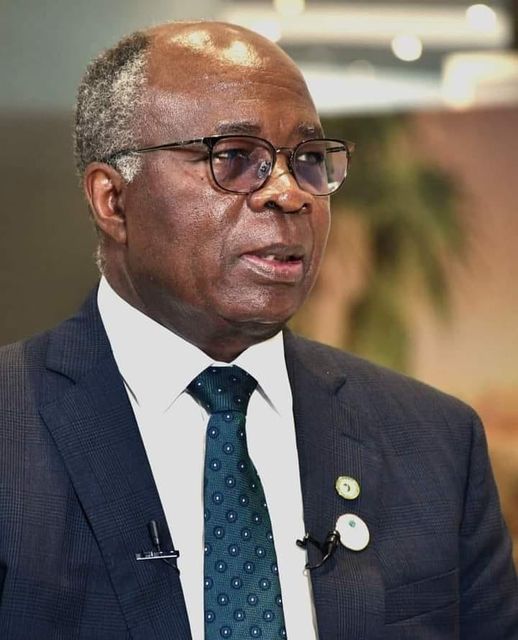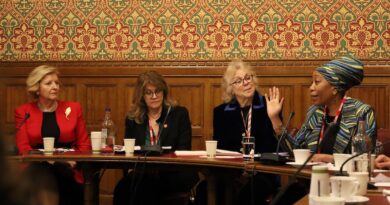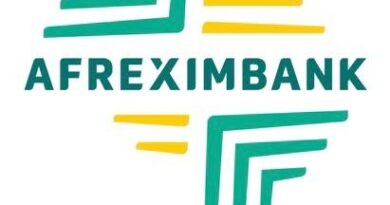Zambian Finance Minister Outlines Economic Progress and Strategies for 2024
In a comprehensive Ministerial Statement delivered to Parliament, Dr. Situmbeko Musokotwane, the Minister of Finance & National Planning, provided a detailed overview of Zambia’s economic performance in 2023 and outlined strategies for addressing current challenges and fostering growth in 2024.
Dr. Musokotwane began by highlighting the country’s GDP growth rate of 4.3% in 2023, which, while slightly lower than the previous year, marked a continued positive trajectory since 2021.
He emphasized the government’s commitment to achieving even stronger growth in the future as a key strategy for combating poverty.
Addressing the performance of the external sector, Dr. Musokotwane noted a significant decrease of 18.96% in copper export earnings by the end of the third quarter of 2023, primarily attributed to lower export volumes and realized copper prices.
This decline in copper exports had a notable impact on the depreciation of the Kwacha against foreign currencies.
Regarding fiscal operations, Dr. Musokotwane expressed pride in the government’s adherence to budget credibility under the New Dawn Administration, ensuring strict disbursement of funds in line with appropriations passed by Parliament.
He reported an overperformance in revenue and grants, while expenditures remained below target, highlighting key expenses such as personnel emoluments, debt service payments, and social benefits.
The Minister also addressed pressing issues such as the depreciation of the Kwacha, debt restructuring efforts, and the financial consequences of the ongoing drought in the agricultural sector.
He outlined measures to stabilize the exchange rate, including initiatives to increase copper production by revitalizing major mining operations and expanding production at existing mines.
Dr. Musokotwane assured citizens of the government’s commitment to addressing food insecurity caused by the drought, pledging adjustments to the 2024 budget to ensure adequate financing for vulnerable households.
He emphasized the importance of judicious financial management and ruled out requests for supplementary budgets or subsidies.
In conclusion, Dr. Musokotwane expressed optimism about Zambia’s economic prospects, citing imminent resumption of normal operations at major mines and growth potential in various sectors such as tourism, telecommunications, manufacturing, and construction.
He painted a positive vision for Zambia’s future under the UPND administration, projecting significant positive changes by 2026.



